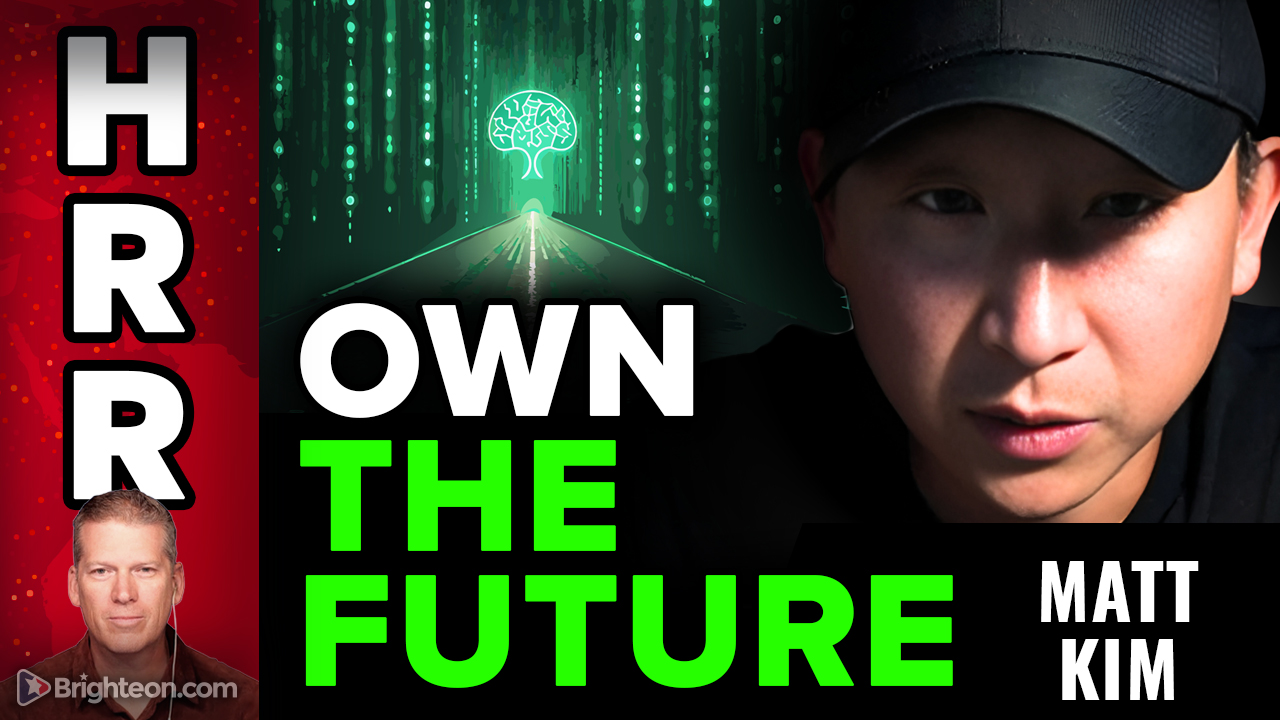 Parler
Parler Gab
Gab
- A breach at a third-party Discord support vendor exposed user data.
- Approximately 70,000 government-issued identification photos were stolen.
- Hackers accessed the system via a single compromised support agent account.
- The incident fuels debate over the risks of mandatory digital ID collection.
- Discord disputes the hackers' claims and refuses to pay the ransom.
The scope of the exposure
Despite the disagreement on scale, the confirmed theft is severe. Beyond the government IDs, information such as user names, email addresses, IP addresses, and the last four digits of credit card numbers may have been accessed. The hackers have been attempting to extort a ransom from the company, a demand Discord says it will not fulfill. "We will not reward those responsible for their illegal actions," Wexler affirmed. The exposure of 70,000 government IDs raises urgent questions that Discord has not fully answered. The IDs were collected through "age-related appeals," a process where users who were locked out of the platform had to upload a photo of their government ID alongside their Discord username to regain access. This practice is increasingly common, driven by laws like the UK's Online Safety Act, which requires platforms to perform age checks.A predictable consequence of the digital ID push
Cybersecurity experts have long warned that vendors performing these sensitive age checks are becoming prime targets for hackers. Nathan Webb, a principal consultant at the UK digital security company Acumen Cyber, called the breach "very concerning." He emphasized, "Despite age verification being outsourced, businesses still have an accountability to ensure that data is stored appropriately. It’s important for organisations to recognise that delegating certain processes does not absolve their responsibility to uphold data protection and security standards." A critical question remains: Why were these highly sensitive government identification documents retained by the vendor after the age verification process was complete? Discord has not offered clarification on its data retention policy for these IDs, leaving users in the dark about how long their most personal data was stored and why it was not purged immediately after verification. This breach serves as a warning of the growing danger of mandatory online ID verification. As governments push platforms to collect government-issued IDs for age checks and compliance under the guise of safety, this sensitive data ends up stored across multiple third-party systems, often with vendors users never interact with or even know exist. The centralization of such data creates a honeypot for criminals, turning digital safety initiatives into tools for mass identity theft. This incident illustrates the concerns digital rights activists have expressed about using age checks as a means of making the internet "safer," arguing that the cure can be worse than the disease when it creates massive, vulnerable databases of citizen identities. In the end, this is not just a story about a hack. It is a cautionary tale about the inevitable outcome of building a system that demands you surrender your identity to participate in modern society. Every new law demanding digital age verification creates another target, and as this breach proves, the third-party vendors tasked with guarding our digital souls are failing. The very institutions promising safety are instead engineering a crisis of privacy and security, leaving tens of thousands of users to face the consequences of having their official identities spilled onto the dark web. Sources for this article include: ReclaimTheNet.org TheGuardian.com TheVerge.com TechCrunch.comDurov: France at the forefront of eliminating PRIVACY in messaging apps
By Ramon Tomey // Share
Aldi recalls ice cream because of an undeclared allergen
By Olivia Cook // Share
Toxic heavy metals found in popular protein powders: Consumer Reports investigation
By Willow Tohi // Share
AI stock melt-up sparks fears of 2025 bubble burst
By Willow Tohi // Share
The hidden danger in your pantry: How common FOOD ADDITIVES fuel DIABETES and GUT DAMAGE
By Evangelyn Rodriguez // Share
Governments continue to obscure COVID-19 vaccine data amid rising concerns over excess deaths
By patricklewis // Share
Tech giant Microsoft backs EXTINCTION with its support of carbon capture programs
By ramontomeydw // Share
Germany to resume arms exports to Israel despite repeated ceasefire violations
By isabelle // Share










